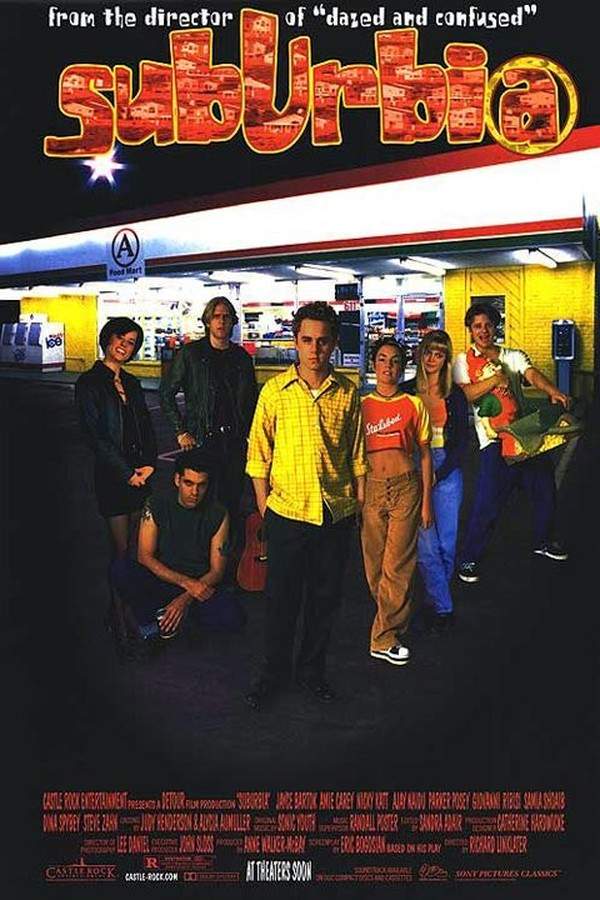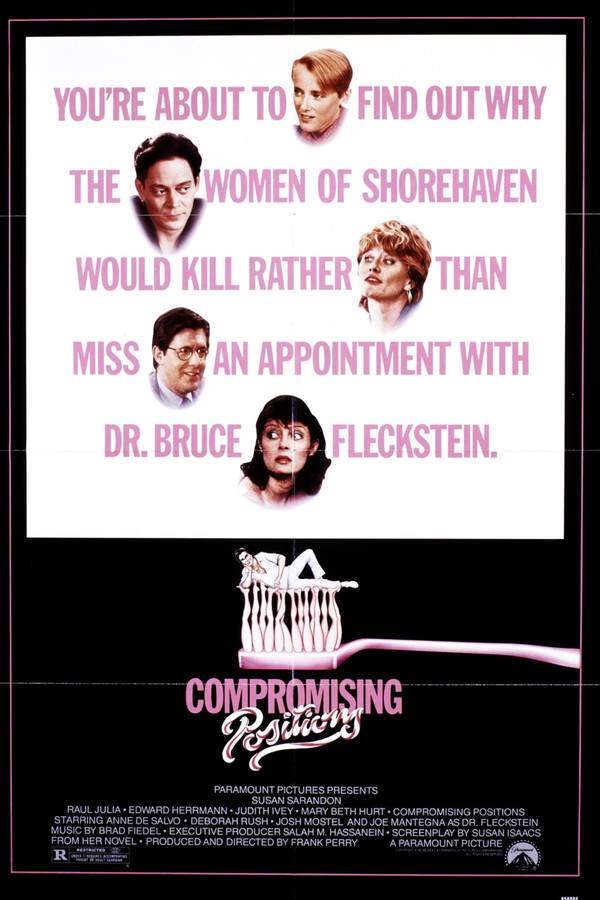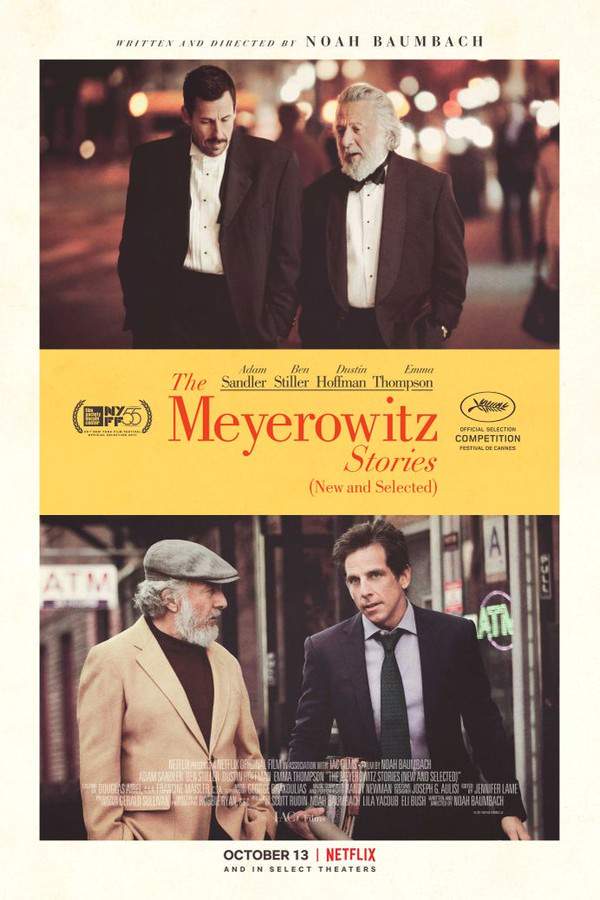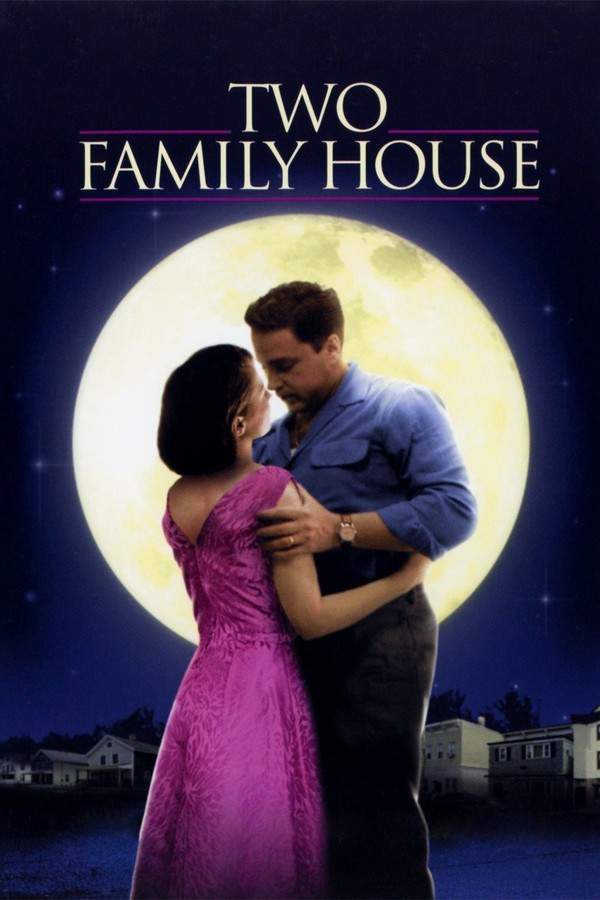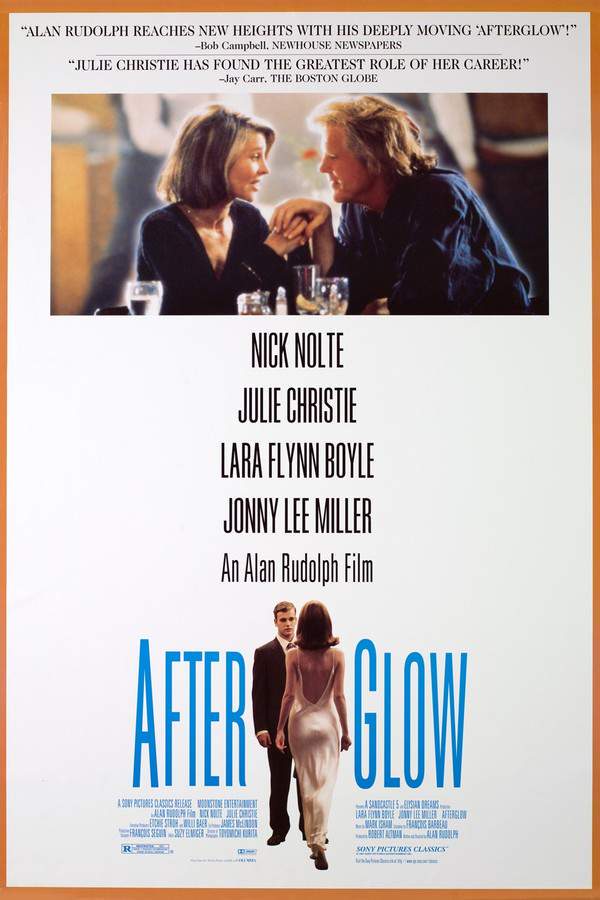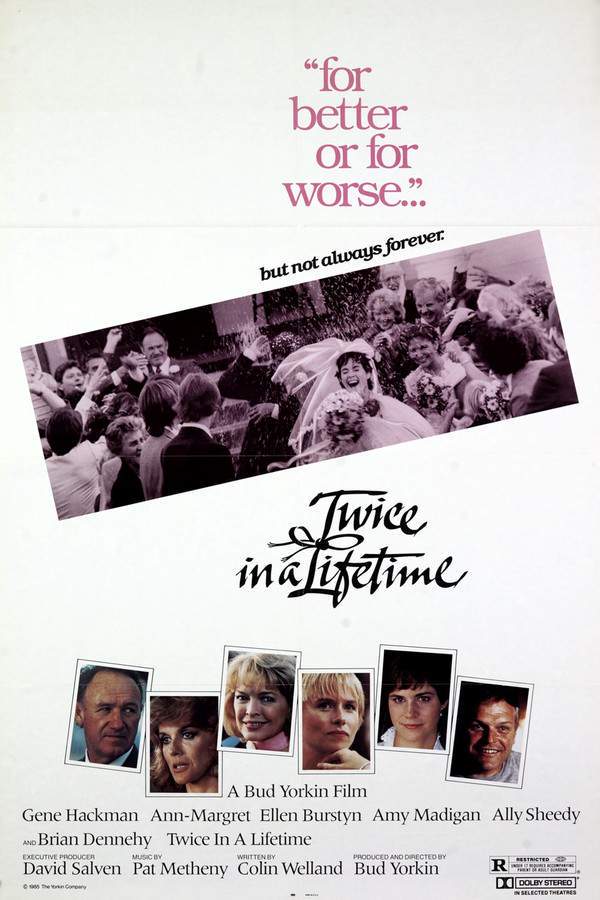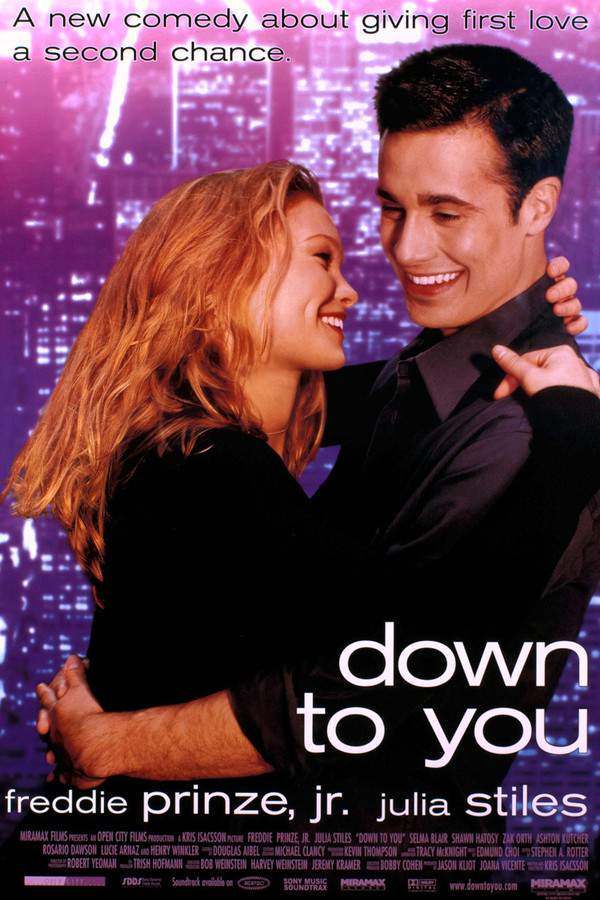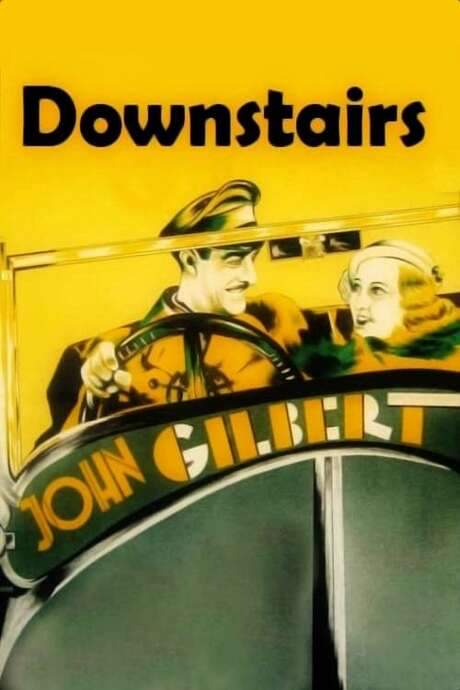
No Down Payment
Year: 1957
Runtime: 105 mins
Language: English
Director: Martin Ritt
In a Southern‑California housing development, the marital troubles of four couples become tangled. Jerry Flagg, a ne’er‑do‑well, struggles with his long‑suffering wife Isabelle; flirtatious Leola Boone endures the cruelty of her husband Troy; diligent Herman Kreitzer leans on his supportive wife Betty; and newlyweds Jean and David Martin try to navigate their new life together.
Warning: spoilers below!
Haven’t seen No Down Payment yet? This summary contains major spoilers. Bookmark the page, watch the movie, and come back for the full breakdown. If you're ready, scroll on and relive the story!
No Down Payment (1957) – Full Plot Summary & Ending Explained
Read the complete plot breakdown of No Down Payment (1957), including all key story events, major twists, and the ending explained in detail. Discover what really happened—and what it all means.
New to Sunrise Hills, electrical engineer David Martin [Jeffrey Hunter] and his wife Jean Martin [Patricia Owens] settle into their new community and are quickly welcomed by a tight-knit group of neighbors: Herman Kreitzer [Pat Hingle], the practical appliance-store manager; Troy Boone [Cameron Mitchell], a hardworking auto mechanic with eyes on the police chief’s office; and their wives, Leola Boone [Joanne Woodward], Isabelle Flagg [Sheree North], and Jerry Flagg [Tony Randall]. The initial warmth of the neighborhood masks tensions simmering just beneath the surface, differences that will pull at the fabric of this seemingly tranquil suburb.
Leola Boone, restless and hungry for a baby, watches Troy’s quiet disappointment with growing unease, while Troy clings to his wartime pride, insisting that children and plans for a better future must wait until he lands the coveted police-chief post. In the background, Jerry Flagg struggles with heavy debt, drunken bravado, and a stream of hare-brained schemes designed to “make it big,” often pressuring families to stretch beyond their means and threatening his job in the process. Meanwhile, David Martin remains a principled, skilled engineer who would rather perfect his craft than pivot into a splashier sales role, despite Jean’s urgings that he diversify his income.
On the suburban fringe, Herman Kreitzer cherishes a valued employee, Iko [Aki Aleong], who yearns to move to Sunrise Hills with his wife and live the American dream there too. Yet the path to acceptance is thorny: Herman’s wife, Betty Kreitzer [Barbara Rush], bitterly fears the social backlash that could come with opening the door to new neighbors who are not part of the same old circle, exposing the era’s latent racial and social biases that hover over the cul-de-sacs.
As the town’s social dance continues, the council’s business takes a sharper turn when Markham [Robert H. Harris], the city council’s president, informs Troy that he cannot become police chief because of a lack of formal education—a setback that thickens the plot and fuels Troy’s volatile temper. The atmosphere becomes charged, and alcohol-fueled anger erupts: Troy drinks heavily, humiliates Jean in private, and then confronts David, ending in a brutal confrontation that leaves both men bruised and the neighborhood staring into a mirror of its own flaws.
In the midst of these confrontations, Leola makes an impulsive decision to leave town, signaling a shift in the group’s dynamics as old certainties falter. The tragedy peaks when Troy’s reckless bravado leads to a fatal accident: he is pinned under his own car and dies, a fall from grace witnessed by those who had once welcomed him into their homes. He dies in Leola’s arms, a stark reminder of how quickly affection can curdle into fear and how fragile the illusion of suburban harmony can be.
With Troy’s death and Leola’s departure, the neighbors are left to reassess their lives and choices, confronting the gaps between their private desires and the social expectations that bind them. The film closes on a note of uneasy reflection, as each character weighs the cost of belonging, ambition, and the compromises that come with living so close to one another in a community that promises safety, yet tests the limits of tolerance and humanity.
-
David Martin — Jean Martin
-
Herman Kreitzer — Betty Kreitzer
-
Troy Boone — Leola Boone
-
Jerry Flagg — Isabelle Flagg
-
Iko — Leola Boone
-
Markham
Last Updated: October 09, 2025 at 10:42
Explore Movie Threads
Discover curated groups of movies connected by mood, themes, and story style. Browse collections built around emotion, atmosphere, and narrative focus to easily find films that match what you feel like watching right now.
Suburban malaise dramas like No Down Payment
Dramas that peel back the veneer of idyllic domestic life.If you enjoyed the tense exploration of suburban life in No Down Payment, discover more movies that expose the fractured dreams and simmering conflicts behind the white picket fences. These dramas share a focus on community, social pressure, and the personal cost of conformity.
Narrative Summary
These narratives typically unfold within a community or neighborhood setting, using an ensemble or multi-couple structure to interweave personal stories. The conflict arises from the tension between public appearances and private suffering, often escalating from quiet anxiety to dramatic confrontation.
Why These Movies?
Movies are grouped here for their shared setting and thematic focus on the disillusionment of post-war domestic idealism. They possess a specific mood of anxious melancholy and a critical gaze on the social pressures of a specific time and place.
Ensemble dramas with interconnected stories like No Down Payment
Stories where multiple character arcs collide and resonate.Fans of the multi-couple narrative in No Down Payment will appreciate these movies that weave together several character arcs into a single, cohesive story. Explore similar films where the lives of neighbors, friends, or families collide with dramatic and bittersweet consequences.
Narrative Summary
The narrative pattern involves introducing a cast of characters whose lives are linked by proximity or circumstance. Their individual storylines—often involving marriage, ambition, or secret desires—progress in parallel, occasionally intersecting in ways that amplify the drama. The ending typically reflects a mix of resolution and ongoing struggle for the ensemble.
Why These Movies?
These films are grouped by their multi-protagonist narrative structure and a shared tone that balances serious drama with a nuanced, often bittersweet, emotional resolution. They offer a panoramic view of a community or social group under pressure.
Unlock the Full Story of No Down Payment
Don't stop at just watching — explore No Down Payment in full detail. From the complete plot summary and scene-by-scene timeline to character breakdowns, thematic analysis, and a deep dive into the ending — every page helps you truly understand what No Down Payment is all about. Plus, discover what's next after the movie.
No Down Payment Timeline
Track the full timeline of No Down Payment with every major event arranged chronologically. Perfect for decoding non-linear storytelling, flashbacks, or parallel narratives with a clear scene-by-scene breakdown.

Characters, Settings & Themes in No Down Payment
Discover the characters, locations, and core themes that shape No Down Payment. Get insights into symbolic elements, setting significance, and deeper narrative meaning — ideal for thematic analysis and movie breakdowns.

No Down Payment Spoiler-Free Summary
Get a quick, spoiler-free overview of No Down Payment that covers the main plot points and key details without revealing any major twists or spoilers. Perfect for those who want to know what to expect before diving in.

More About No Down Payment
Visit What's After the Movie to explore more about No Down Payment: box office results, cast and crew info, production details, post-credit scenes, and external links — all in one place for movie fans and researchers.

Similar Movies to No Down Payment
Discover movies like No Down Payment that share similar genres, themes, and storytelling elements. Whether you’re drawn to the atmosphere, character arcs, or plot structure, these curated recommendations will help you explore more films you’ll love.
Explore More About Movie No Down Payment
No Down Payment (1957) Scene-by-Scene Movie Timeline
No Down Payment (1957) Movie Characters, Themes & Settings
No Down Payment (1957) Spoiler-Free Summary & Key Flow
Movies Like No Down Payment – Similar Titles You’ll Enjoy
Down with Love (2003) Full Summary & Key Details
Down in the Valley (2006) Full Movie Breakdown
Down to You (2000) Story Summary & Characters
Tumbledown (2016) Complete Plot Breakdown
Down the Shore (2013) Ending Explained & Film Insights
A Home of Our Own (1993) Full Summary & Key Details
Back Street (1932) Plot Summary & Ending Explained
Love Nest (1951) Complete Plot Breakdown
All Fall Down (1962) Plot Summary & Ending Explained
Downstairs (1932) Complete Plot Breakdown
Paid in Full (1950) Ending Explained & Film Insights
Home from the Hill (1960) Ending Explained & Film Insights
Way Down East (1920) Film Overview & Timeline
The Family Way (1966) Plot Summary & Ending Explained
No Other Woman (1933) Movie Recap & Themes


